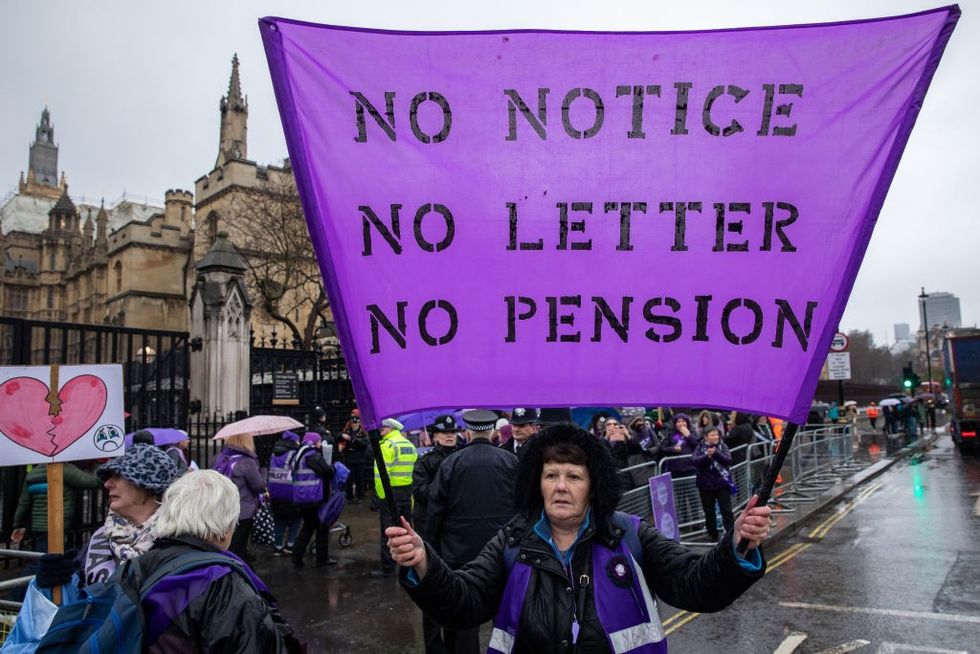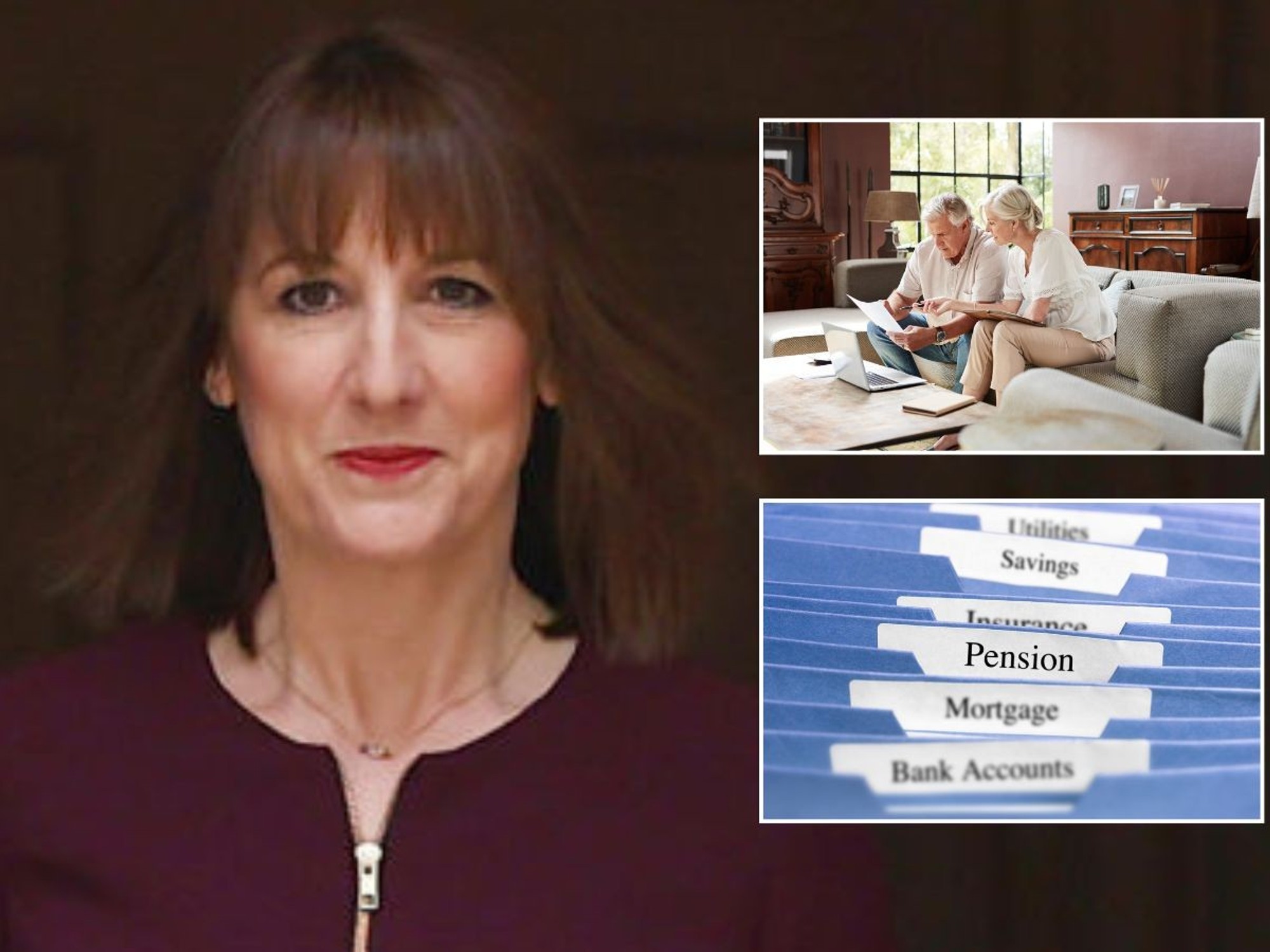The Government has been accused of dragging its feet over WASPI issues
GETTY
A report in March found that some women born in the 1950s were not adequately informed about the changes to their state pension and should be entitled to compensation
Don't Miss
Most Read
Trending on GB News
The Government has been accused of “dragging its feet” over the proposed compensation for women affected by changes to the state pension age.
The equalisation of the state pension age between men and women has resulted in many women born in the 1950s getting less in retirement than they had expected**, as their state pension age was pushed back, with many claiming they had little to no warning."
A Parliamentary and Health Service Ombudsman (PHSO) report ruled in March that some women born in the 1950s were not adequately informed about the impact of the changes.
As part of the PHSO’s report, it was recommended that women born in the 1950s were awarded a Level 4 amount of compensation between £1,000 and £2,950, but the WASPI campaign wants payouts of £10,000 or more.
MPs are urging Government ministers to take action and not “drag their feet”.
Labour MP Richard Burgon called on the Government to bring forward a vote on a compensation package for affected women before the summer, while Tory MP Marco Longhi urged ministers to work “at pace”.

Initially it was announced that the state pension age for women would increase to 65 between 2010 and 2020 but this was moved forward
GETTY
However, Mel Stride, work and pensions Secretary said “there will be no undue delay” in the Government’s response to the report.
The Secretary of State got the parliamentary ombudsman’s final report over six weeks ago but there has been no update.
It has been nearly three years since the ombudsman said the DWP had committed maladministration through their failure to properly inform affected women of the state pension age changes.
Mr Burgon (Leeds East) told the Commons: “So with a Waspi woman dying every 13 minutes, time is not on their side.
“When will the Government stop dragging its feet? And to help ensure justice, will the Government allow MPs to vote on a compensation package before the summer?”
Paul Maynard, work and pensions minister, replied: “We’re looking carefully at this report, considering what is a very complex set of recommendations and proposals, to make sure we do the right thing.”
This was reinforced by Stride who said the Government is taking extreme care with the “very complex report”.
He added: “It took the ombudsman five years or thereabouts to compile, and there will be no undue delay in us responding to that.”
The SNP accused ministers of using the upcoming election as a distraction, in the hopes the issue will get lost and claimed both the Government and opposition could ignore this.
David Linden said: “The two big parties can concoct a situation whereby they ignore this, more women will die, and more 1950s women will be denied the justice that they deserve?”
However, Stride told MPs: “I simply don’t accept that that is a fair assessment of the very considerable time and effort that we are putting into taking this matter extremely seriously.”
He also faced Conservative pressure, with Dudley North MP Mr Longhi, from the Tory party, saying: “Could I encourage the Secretary of State to look into this matter, not just as carefully as he, I know, will do and is saying he will, but at great pace now, please?”
LATEST DEVELOPMENTS:
Initially it was announced that the state pension age for women would increase to 65 between 2010 and 2020.
However, this was accelerated under the 2011 Pensions Act and the new state pension age of 65 for women was brought forward to 2018.
Both men and women saw their state pension age increase to 66 in October 2020.
The state pension will rise to 67, ahead of a further planned increase to 68.







